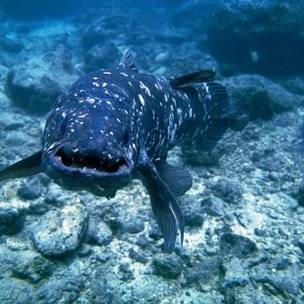- Thread starter
- #41
Wow. Another "this is too complicated to happen by evolution" diatribe.
I guess people had to find something new after Dr. Miller explained the whole bacterial flagella thing.
You guys can believe what you want. Saying something is "too complicated to have happened without the guidance of some sort of supernatural force" is inherently unscientific and can't fit within the confines of the scientific method (a man-made venture).
Your arguement fails on procedural grounds, not on merit, which can never be addressed by a discipline that limits itself to the natural world.
Explain it then asswipe. Why does that bird exist, why does it have to consume nectar rather than seeds? Why is it so small? Why do the wings have to beat at such high speed, why would it have "evolved" with such small wings that need to beat ridiculously fast just to remain airborn? Why can't science explain the abilities of the Bumble Bee? What organs are in a flea, do they have brains? If so, what do they think about?


